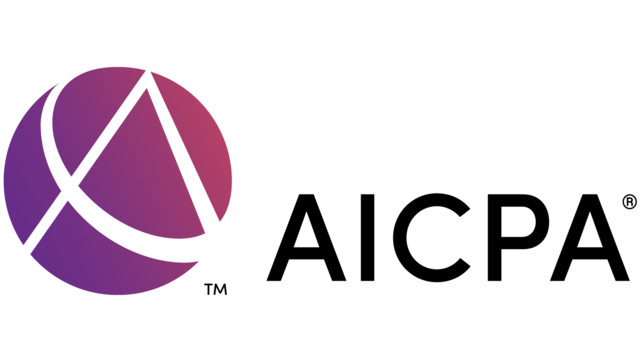The $2.2 trillion Coronavirus Aid, Relief, and Economic Security (CARES) Act allocated hundreds of billions of dollars of new aid to non-federal entities, including state and local governments, universities, health care providers, not-for-profit organizations and Native American tribes, requiring many of them to complete a single audit. A single audit is a compliance audit of a non-federal entity expending $750,000 or more in federal awards in a given year. These audits have a significant public interest component as federal agencies rely on them as part of their administrative responsibilities for determining compliance with the requirements of federal awards.
“The speed and breadth of the CARES Act relief has caused challenges and confusion for recipients of the funding and their auditors. For example, the relevant compliance requirements were often issued well after funding was provided and, in some cases, federal agencies continue to change and refine them,” said Mary Foelster, CPA, CGMA, AICPA Senior Director, Governmental Auditing and Accounting. “Further, auditors are still waiting for Office of Management and Budget (OMB) guidance on its expectations for how these new programs are to be audited. This is especially challenging for entities with a June 30th fiscal year-end, since their single audits are due by March 31, 2020.”
Foelster added that “we also expect many new single audits for entities receiving federal funds for the first time or that are receiving more federal funding than in prior years that takes them over the $750,000 threshold.” The AICPA estimates that funding under three of the larger streams of CARES funding – the Provider Relief Fund, the Coronavirus Relief Fund and the Education Stabilization Fund – and several other new CARES Act programs will result in several thousand new single audits.
To assist CPAs, government and not-for-profit staff, auditors, controllers and financial directors manage these single audit challenges, the AICPA’s Governmental Audit Quality Center has developed a library of resources and most recently, hosted a Single Audit Update at the AICPA Governmental and Not-for-Profit Online Training Program.
In addition, the Journal of Accountancy recently spoke with CPAs who offered the following recommendations for auditors conducting a single audit and their clients (read more here):
- Do what they can now and update teams regularly. While awaiting additional guidance from regulators, auditors are finding that they need to complete the parts of the audit that they can and put other parts on hold while waiting for more information.
- Seek out regulators’ FAQs. Auditors hope that OMB ’s compliance supplement addendum, when it is issued, will outline underlying audit requirements for new programs. But existing programs that have had additional CARES Act funding may have had rule changes or compliance flexibilities related to the pandemic. If that’s not outlined in the compliance supplement addendum, auditors may need to identify the rules in FAQ guidance issued by federal agencies.
- Document award timing. Some audit clients are struggling to prepare their Schedule of Expenditures of Federal Awards (SEFA) because it’s difficult to figure out exactly when federal funds were awarded. Due to the pandemic, some recipients received the federal cash payments first and the awarding process occurred later.
- Be sure pandemic relief is separated on the SEFA. OMB has indicated award recipients should separately present CARES funding on the SEFA. Most funding had already been awarded by the time this guidance came out. Auditors should make sure these awards are presented separately by clients, and they also may need to do a deeper dive to make sure they understand which awards are from COVID-19 funding.
- Dig into major program determinations. In prior years, the awards listed on the SEFA may have been the same year after year, so it has been easy to identify which ones are high-risk major programs that require additional audit procedures. That won’t be the case for many audit clients this year because of the abundance of new awards.
- Pay special attention to internal controls. The new awards, as well as a switch to a more work-from-home environment, may have introduced changes to clients’ internal controls over their federal awards that auditors will need to consider.
- Watch for “double dipping.” Some federal grant recipients also received Paycheck Protection Program (PPP) funds. Although the PPP money is not subject to a single audit, these multiple federal funding programs can cause confusion that can lead to double billing.
For more information on single audits visit the AICPA’s Governmental Audit Quality Center, which promotes the importance of quality governmental audits and the value of such audits to purchasers of governmental audit services.
Thanks for reading CPA Practice Advisor!
Subscribe Already registered? Log In
Need more information? Read the FAQs




